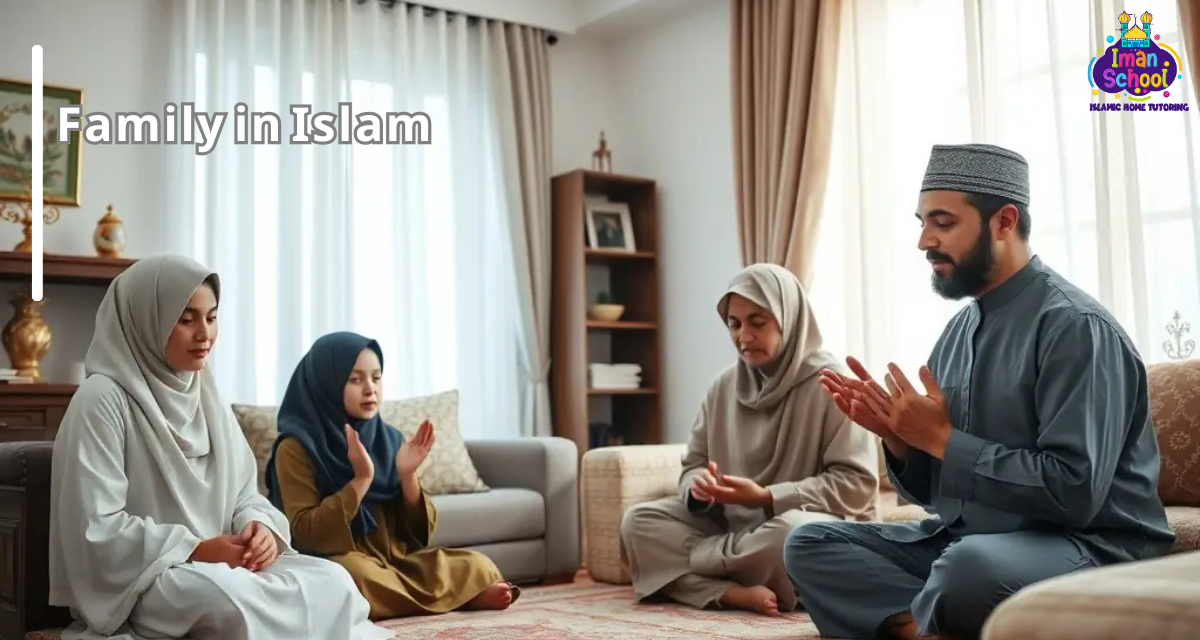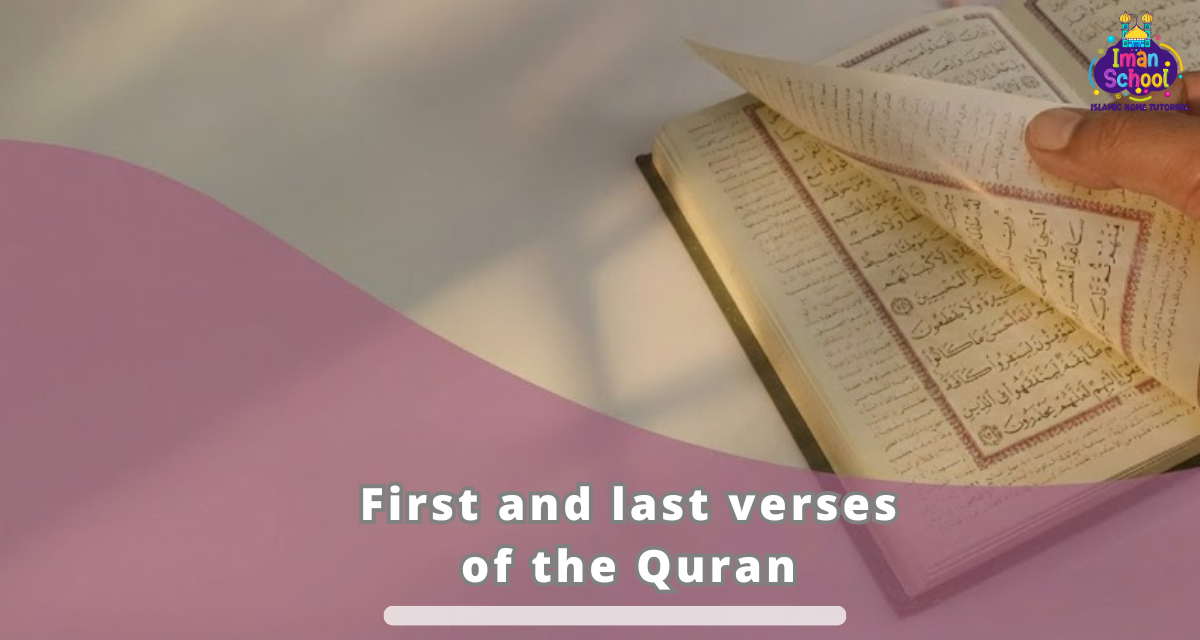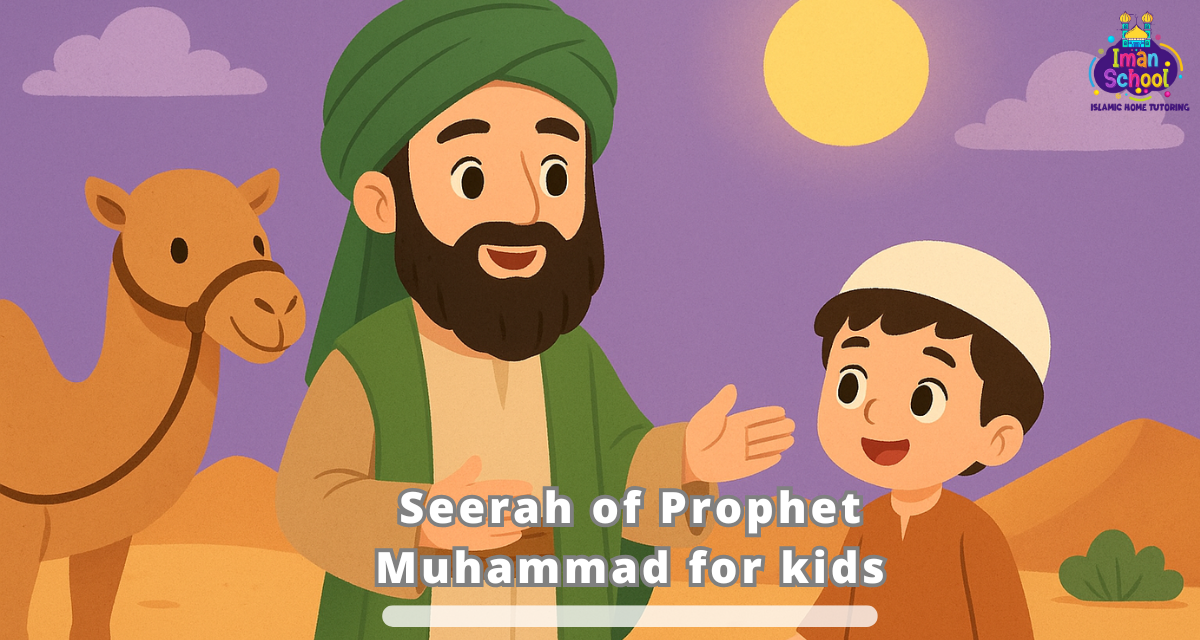The family unit holds an unparalleled position in Islam, serving as the cornerstone of society and the primary institution for nurturing individuals. Far from being a mere social construct, family in Islam is viewed as a sacred bond, divinely ordained and deeply rooted in spiritual principles. It is a source of comfort, love, and support, designed to bring tranquility and stability to its members.
Understanding the intricate dynamics, rights, and responsibilities within the Islamic family structure is crucial for fostering harmony and building a strong Muslim community that adheres to Islamic family values. This article explores the various facets of Muslim family life, drawing guidance from the Quran and Sunnah to illuminate the profound importance of family in Islam.
The Foundation: Marriage (Nikah) in Islam
The nucleus of family in Islam is built upon the sacred institution of Marriage in Islam (Nikah). It is not merely a contract but a profound covenant (Mithaqan Ghaliza) between a man and a woman, based on mutual love, mercy, and companionship, as described in the Quran. The Quran states: "And of His signs is that He created for you from yourselves mates that you may find tranquility in them; and He placed between you affection and mercy. Indeed in that are signs for a people who give thought." (Quran 30:21). This verse beautifully encapsulates the essence of love and mercy in Islamic marriage.
Within this blessed union, specific husband and wife rights in Islam are meticulously outlined to ensure justice, respect, and mutual understanding. The husband is typically responsible for providing for the family financially and acting as its protector and maintainer, while the wife manages the household and nurtures the children, often being the primary caregiver. Both roles, however, emphasize cooperation, consultation (shura), and kindness, recognizing the unique contributions each spouse brings to the Islamic family structure.
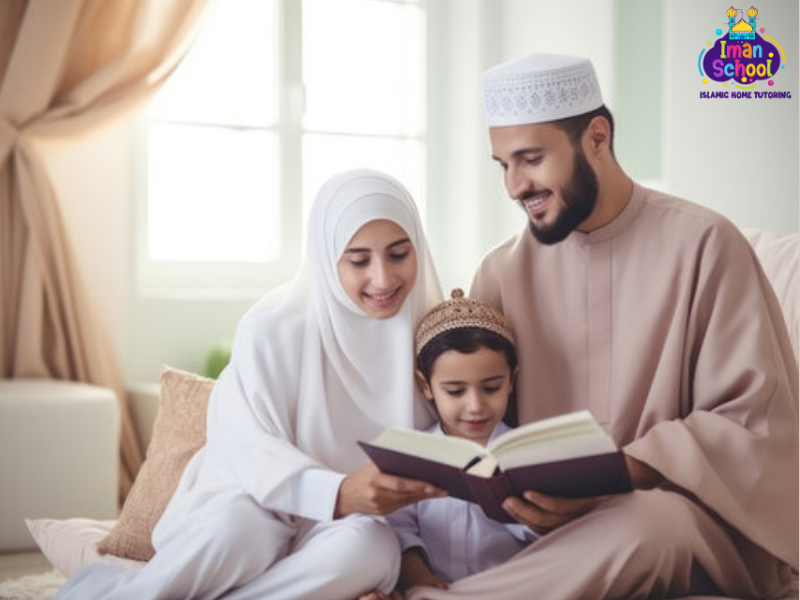
Read More: Learn to Read Quran
Parental Rights and Responsibilities
Parenting in Islam is a profound trust (Amanah) from Allah, carrying immense rewards and responsibilities. The Islamic upbringing of children is paramount, focusing on nurturing their spiritual, moral, intellectual, and physical development. Parents are enjoined to:
-
Teach Islamic Values: Imparting the fundamentals of Islam, including belief in Allah, prayer, fasting, and good character.
-
Provide for Needs: Ensuring adequate food, shelter, clothing, and education.
-
Educate and Discipline: Guiding children with wisdom and compassion, teaching them discipline, and correcting their mistakes gently.
-
Show Love and Mercy: Providing a nurturing environment filled with affection and compassion.
Conversely, the Rights of children in Islam are comprehensive, ensuring they are loved, protected, educated, and raised in an environment conducive to their well-being. A child's right begins even before birth, extending to their naming, nursing, and overall care.
Children's Rights and Responsibilities Towards Parents
Just as parents have responsibilities, children too have explicit duties and Respect for parents in Islam is a cornerstone of Islamic ethics. The Quran and Sunnah repeatedly emphasize kindness, obedience, and reverence towards parents, particularly as they age. "And your Lord has commanded that you shall not serve (any but) Him, and to parents kindness. If one or both of them reach old age with you, say not to them (so much as) 'Uff' nor chide them, and speak to them a generous word." (Quran 17:23). This verse encapsulates the deep reverence children must show.
This emphasis on piety towards parents (Birr al-Walidayn) is a significant aspect of Muslim family life, seen as a direct act of worship and a path to paradise. Children are expected to be grateful, supportive, and compassionate, caring for their parents, especially in their old age, and supplicating for them.
Discover More: Islamic Education
The Role of Iman School in Reinforcing the Concept of Family in Islam for Those Abroad
For Muslim families living in non-Muslim countries, maintaining Islamic family values and ensuring a strong Islamic upbringing of children can present unique challenges. The presence of diverse cultural influences often necessitates additional support to preserve the essence of family in Islam. This is where Iman School plays a crucial role.
Through online courses and educational resources, Iman School helps reinforce fundamental Islamic principles related to family life. We offer programs that teach children about Respect for parents in Islam and the Rights of children in Islam, as well as guiding parents on effective Parenting in Islam methods.
By providing accessible Islamic education, Iman School helps families abroad maintain their Islamic family structure and strengthen their ties to the faith, ensuring that the importance of family in Islam remains central to their lives, even across geographical and cultural divides.
Know More: Islamic Sciences Courses
Extended Family and Kinship (Silat al-Rahim)
The concept of family in Islam extends beyond the nuclear unit to encompass the extended family in Islam. Kinship ties, known as Silat al-Rahim (maintaining ties of kinship), are highly emphasized and considered acts of immense reward in Islam. Muslims are enjoined to foster good relations with relatives, including grandparents, aunts, uncles, and cousins.
Maintaining kinship ties in Islam (Silat al-Rahim) involves visiting relatives, checking on their well-being, helping them in times of need, and participating in family gatherings. This practice strengthens the social fabric, provides a robust support system, and spreads love and harmony within the broader community.
The Prophet Muhammad (peace be upon him) said, "The one who maintains ties of kinship is not the one who reciprocates, but the one who, when his relatives cut him off, he maintains ties with them." This highlights the proactive responsibility involved in maintaining Islamic family values through wider kin relations.
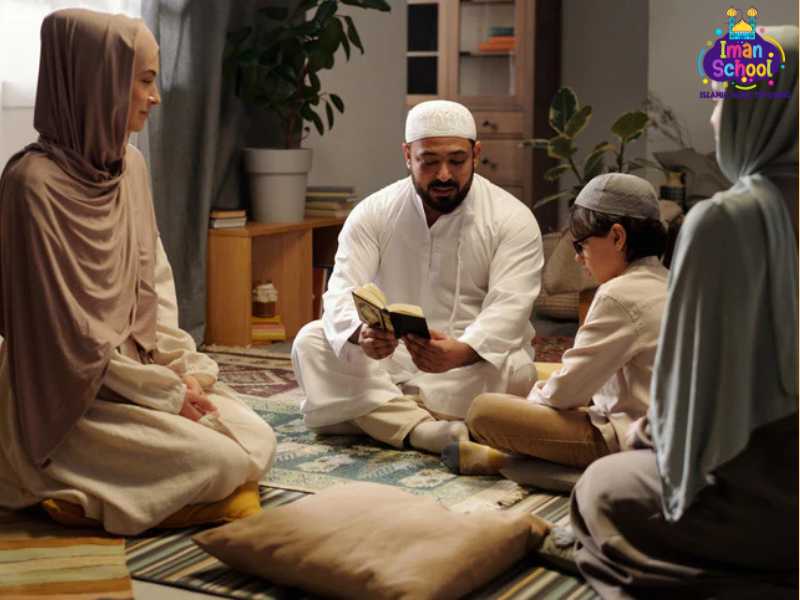
Find Out More: Zakat in Islam
Addressing Challenges and Conflicts in Family Life
No family is immune to challenges, and family in Islam is equipped with specific guidelines for navigating conflicts and problems. Islamic guidance for family problems emphasizes patience, communication, mutual understanding, and seeking reconciliation.
-
Communication: Open and honest dialogue is encouraged to resolve misunderstandings.
-
Patience (Sabr): Enduring difficulties with patience and seeking Allah's help.
-
Counseling: Seeking advice from knowledgeable individuals or elders within the community.
-
Arbitration: In cases of severe marital dispute, Islam allows for the appointment of arbitrators from both sides to help resolve issues.
The ultimate aim is to preserve the family unit, recognizing its paramount importance of family in Islam, and to resolve disputes amicably while upholding justice and compassion. The Quran and Sunnah on family provide practical wisdom for dealing with disagreements respectfully and constructively.
See Details: Remote Quran Teacher
The Family as a School (Madrasah) for Society
The Islamic family structure is often referred to as the first school (Madrasah) for its members. It is within the family that individuals first learn about faith, morality, ethics, and social conduct. Parents are the primary educators, nurturing their children with Islamic teachings and instilling virtues.
This foundational Islamic upbringing of children is critical, as it shapes the character of future generations and, by extension, the entire society. A strong, cohesive family unit, built on Islamic family values, is therefore vital for producing virtuous citizens and a harmonious community.
The Impact of Quran on child development within this family setting is profound, as children learn resilience, empathy, and integrity through its timeless lessons.
Explore Now: Tajweed in Quran
Contemporary Issues and the Islamic Family
In modern times, the family in Islam faces various external pressures, including changing social norms, economic challenges, and digital influences. It becomes even more crucial for Muslim families to adhere steadfastly to the Quran and Sunnah on family to navigate these complexities.
Role of Women and Men
The Role of women in Islamic family and the Role of men in Islamic family are often subjects of contemporary discussion. Islam defines these roles based on complementarity, not competition, emphasizing mutual respect, responsibilities, and shared goals for the family's well-being.
Digital Impact
Families must actively work to balance technological advancements with maintaining strong kinship ties in Islam (Silat al-Rahim) and engaging in meaningful Muslim family life.
Global Community
Maintaining connections with the extended family in Islam across geographical distances requires conscious effort and leveraging modern communication tools for Silat al-Rahim.
Building a strong Muslim family in this era requires conscious effort, continuous learning, and unwavering commitment to Islamic principles, ensuring that the importance of family in Islam is not diminished by external pressures.
Get Started: Online Quran School
Online Islamic Courses
For those seeking to deepen their understanding of family in Islam and other vital aspects of their faith, Iman School offers a wide array of comprehensive online Islamic courses. These courses are designed to provide accessible, high-quality education on topics ranging from Quranic studies and Arabic language to Islamic jurisprudence, ethics, and family dynamics.
With experienced instructors and flexible learning environments, Iman School empowers individuals and families worldwide to strengthen their knowledge, practice, and connection to their faith, fostering a deeper appreciation for Islamic family values and contributing to building a strong Muslim family.
Understanding Islamic Family Structure and Values
The family in Islam is much more than a social unit; it is a sacred institution blessed by Allah, providing a haven of peace, love, and growth. From the sacred bond of marriage in Islam to the intricate network of extended family in Islam, every aspect is designed to foster harmony and righteousness.
By adhering to the Islamic family values and the timeless guidance of the Quran and Sunnah on family, Muslims can navigate challenges, fulfill their rights and responsibilities, and cultivate strong, loving homes that are a source of immense reward in this life and the Hereafter.
The true strength of the Muslim Ummah lies in the strength of its individual families, all striving towards a common goal of pleasing Allah.

